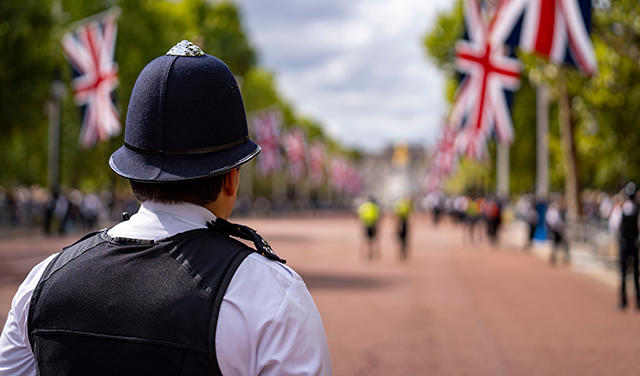News
-
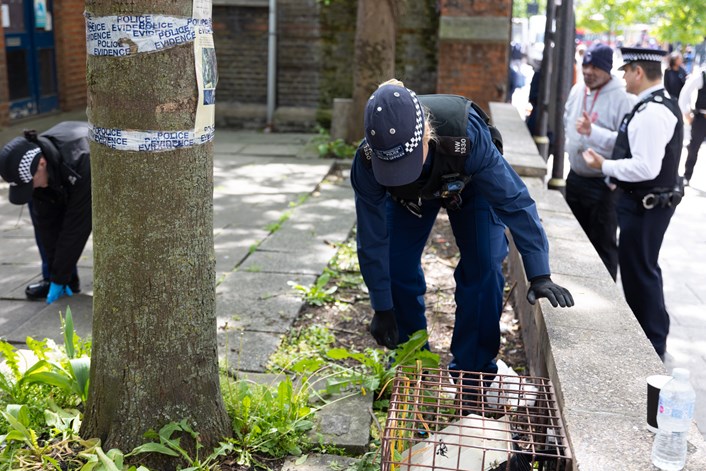
Almost 10,000 knives taken off the streets
Results from national Operation Sceptre week
-

Nearly 9,000 drivers caught drink or drug driving
Operation Limit sees high numbers of positive drink and drug driving tests
-
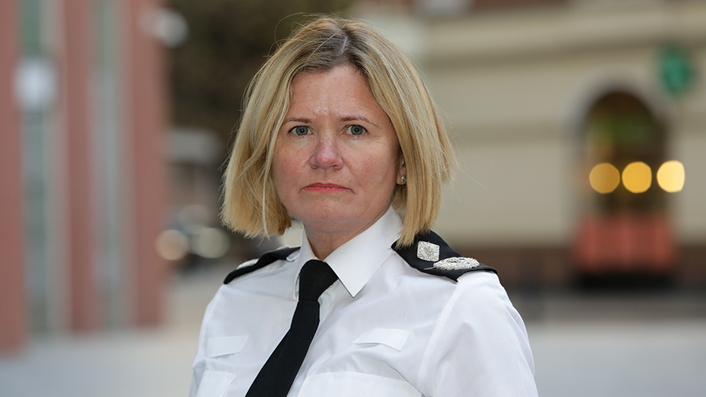
First national threat assessment of VAWG
Police chiefs have today issued the first ever national threat assessment of crimes posing the most danger to women and girls.
-
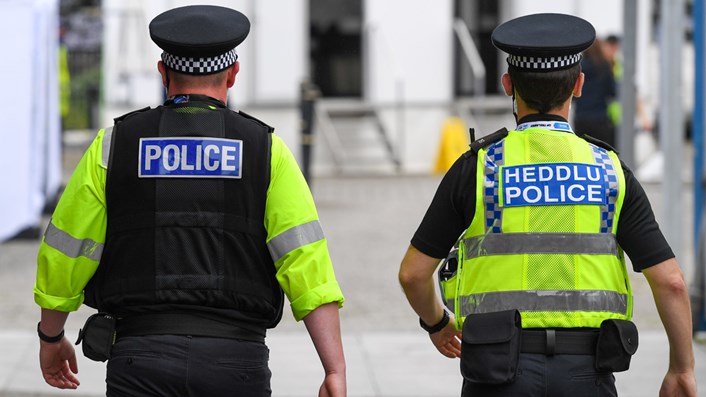
National week of action against knife crime
"Operation Sceptre is mission of collective ambition, energy and patience."
-
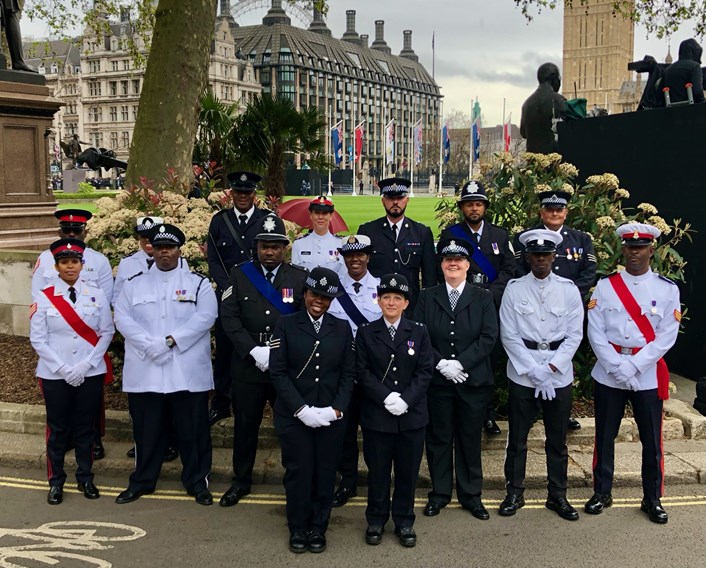
Policing the Coronation - a truly international operation
The police operation for the Coronation last weekend (6 May 2023) brought together officers from a range of roles and police forces.
-
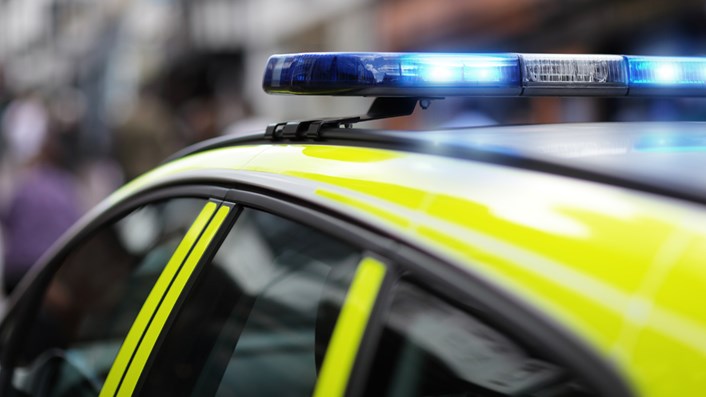
NPCC responds to HMICFRS review of progress on vetting
Rapid review commissioned by Home Secretary shows significant progress against recommendations.
-
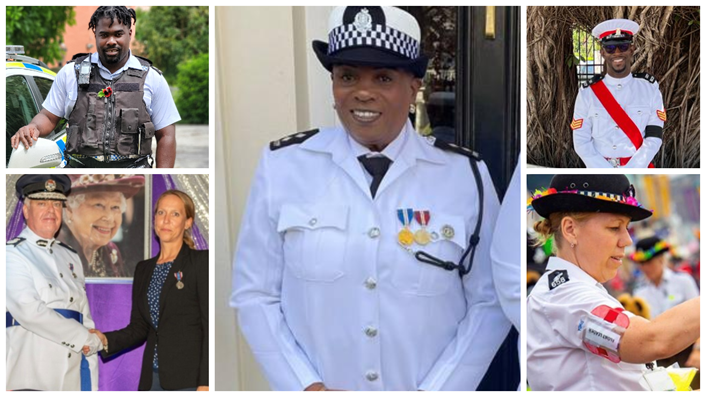
International policing family come together for the Coronation
Officers from across the UK, British Overseas Territories and Crown Dependencies join in London for policing operation
-
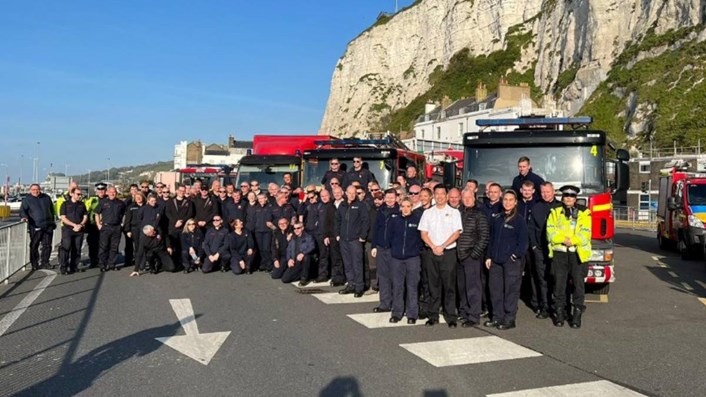
Policing equipment donated to emergency services in Ukraine
Fifth convoy brings total to over 200,000 items donated to support colleagues in Ukraine.
-
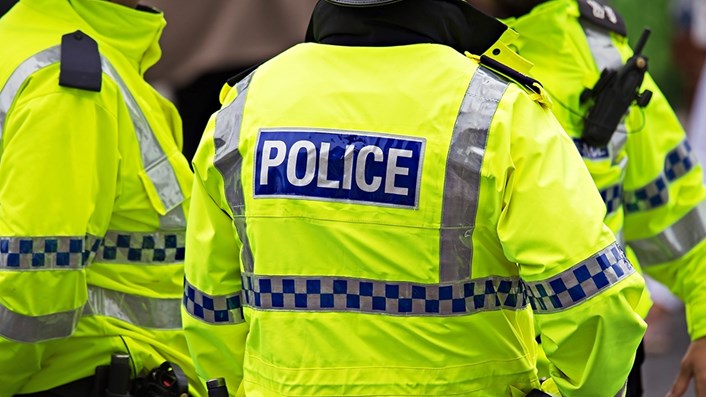
Safeguarding of Volunteer Police Cadets
Statement from National Police Chiefs' Council lead for Volunteer Police Cadets.
-
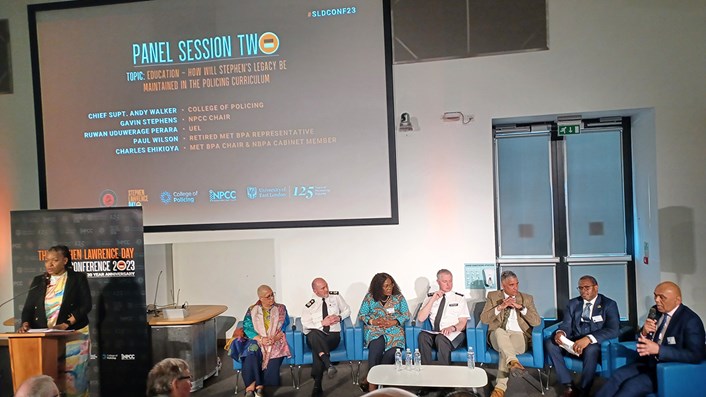
Stephen Lawrence Day - 30 Years On
Earlier this week, the National Black Police Association delivered a special conference in partnership with the Stephen Lawrence Day Foundation, the National Police Chiefs' Council (NPCC), College of Policing, and the University of East London.
-
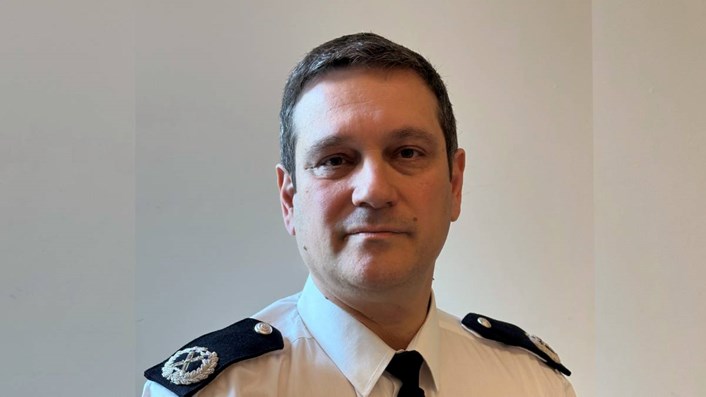
NPCC welcomes new proposals in fight against knife crime
Home Office consultation on new knife legislation proposals launched today (18 April)
-

NPCC responds to changes to crime recording
The Home Office have today (13 April) announced changes to crime recording processes.

